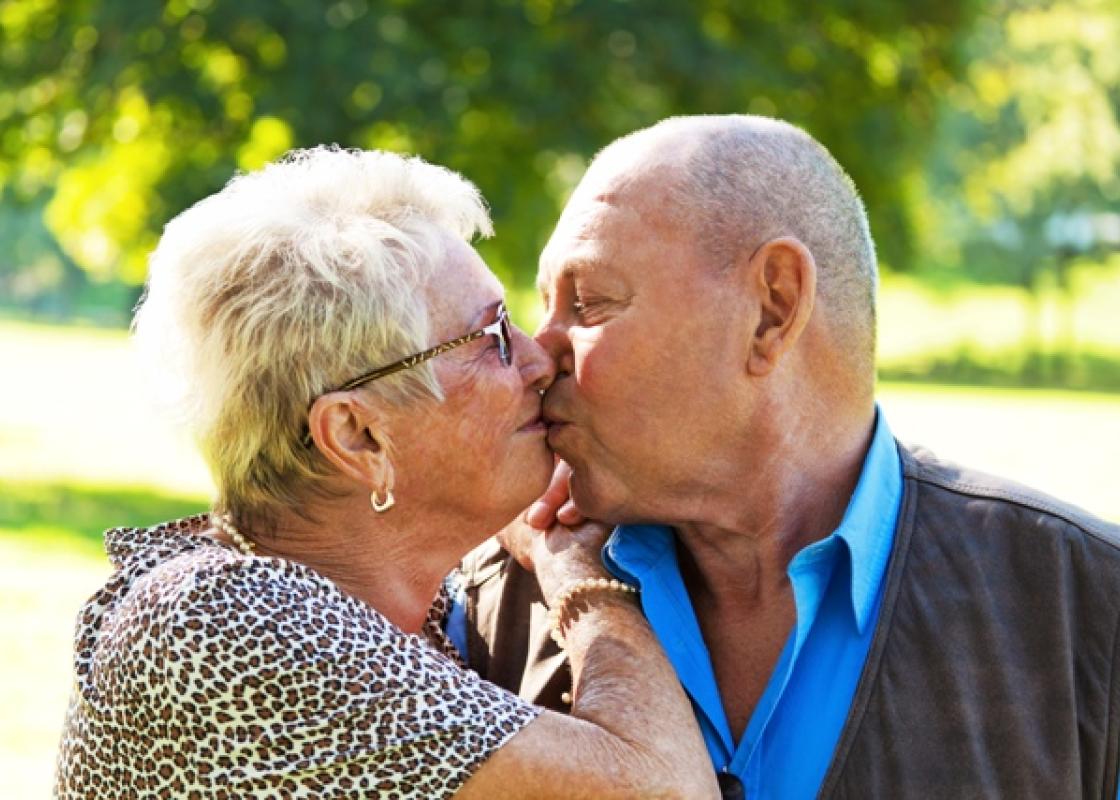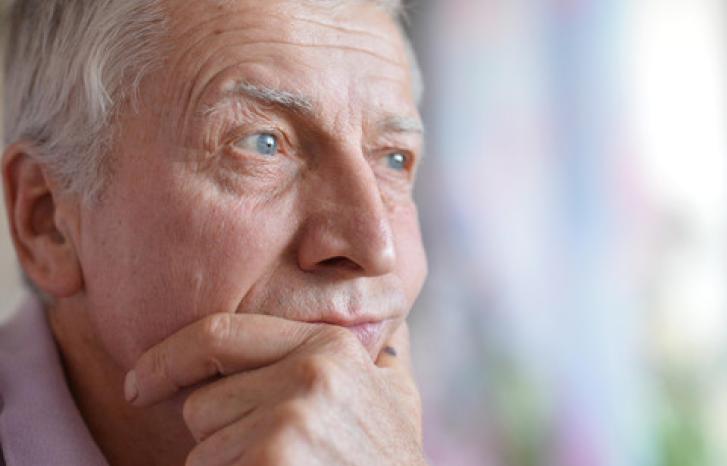“Elderly people’s sexuality is a taboo subject. Many films depict romantic relationships between older people, but they don’t explore sexual relations,” says Linn Sandberg.
Sandberg was one of the presenters at the seminar “Threatening Masculinities, Threatening Men” organized by the Centre for Women’s and Gender Research at the University of Bergen. She based her talk on her doctoral thesis from 2011 on elderly men’s masculinity and sexuality.
One of the questions she asked in her thesis was how ideas about elderly men’s sexuality can challenge our view of masculinity.
“Older men are seen either as asexual or as the stereotypical ‘dirty’ old man,” she says.
Sandberg wanted to explore what underlies these stereotypes and how men view their own sexuality.
Intimacy and touching
For her doctoral research, Sandberg interviewed men born between 1922 and 1944.
“All my informants were heterosexuals involved in intimate relationships. My research showed that intimacy and touching are important for men and a sign of heterosexual sexuality,” she says.
Sandberg found that men did not stop being sexual beings even though their bodies had grown old, but that they found new ways of making love.
“My informants said that they had discovered different sides of themselves and that old age had opened up new avenues of masculinity and potential for them as lovers. They felt that they had become more thoughtful, less egotistical and more sensitive. I’m working hard to shed light on how aging challenges our view of masculinity, but I haven’t found any definitive answers yet,” she explains.
Sandberg learned that when a man’s health declined in some areas, touching and intimacy in particular served as the glue in his relationship with his partner and took on greater importance in their sexual relations.
“One of my informants explained that he couldn’t put pressure on his knees anymore, so he and his wife had to find new ways of being intimate.”
Soft and sensitive men
Sandberg draws parallels between how elderly men change towards the end of their lives and stereotypical notions about femininity. Quite simply, older men become more sensitive psychologically and softer physically.

“I found some interesting parallels. The body becomes more passive and dependent on others. This also has an impact on intimate relationships. But the male body also becomes softer and rounder. The hard ‘phallus-centred’ body disappears. How do elderly men feel about the effects of age on their bodies? I want to explore whether they feel conflicted about these changes or whether they see any potential. There is a tension between these two opposites. Old age can be a threat to masculinity and how can this be challenged?” she asks.
In contrast, elderly men’s sexuality can also be threatening. According to Sandberg, masculinity is changeable and complex. It is also important to be appropriately sexual in relation to age. She thinks that the parameters for old age may have become too narrow. Much of the literature on aging contends that seniors should be active, carry on as usual and be productive. But what do the elderly themselves think about this?
“I’m critical towards the image of the elderly as being extremely active and where nobody notices that they are getting older. This ‘ideal image’ fits only very few older people. We also see this especially clearly in how Viagra and other pharmaceuticals are supposed to keep elderly men youthful and hard. It used to be more normal for older men to lose the ability to have an erection. Now the elderly are supposed to be ‘sexy seniors’ who are active, travel, take part in organizations and have a lot of sex. But there is a fine line between being a ‘sexy senior’ and a ‘dirty old man’,” she says.
Different priorities
Many of Sandberg’s informants had a positive view of old age. In addition to being interviewed, they also kept “body diaries” which the researcher read.
“Physical changes affect intimacy and change the way men make love to women. The desire is still there, but warmth and intimacy become more important than being hard. Intercourse is not the only thing that counts, and so they prioritize differently. As a result, they become more thoughtful, and the men say that the women appreciate this,” she says.
Several of the informants felt that old age allows some men to get in touch with their more sensitive side. As their bodies grow softer and they become more dependent on others, men have new opportunities to experience their own bodies in positive ways.
“One of the informants told about what happened when he was treated for cancer. He began to develop breasts. He thought it felt like he had lost his masculinity. But his wife said that if it hadn’t been for his breasts, his stomach would have looked so much bigger. So she liked it, and thought it was sexy, soft and nice. When she saw his soft body and liked it, he also liked it better himself,” she concludes.
Translated by Connie Stultz.
Linn Sandberg has a post doctoral position at the Department of Thematic Studies - Gender Studies, Linköping university. Her thesis, submitted in 2011, is entitled Getting Intimate: A Feminist Analysis of Old Age, Masculinity and Sexuality.
Aktuelle lenker
“Threatening Masculinities, Threatening Men” was organized by the Centre for Women’s and Gender Research at the University of Bergen March 7.



